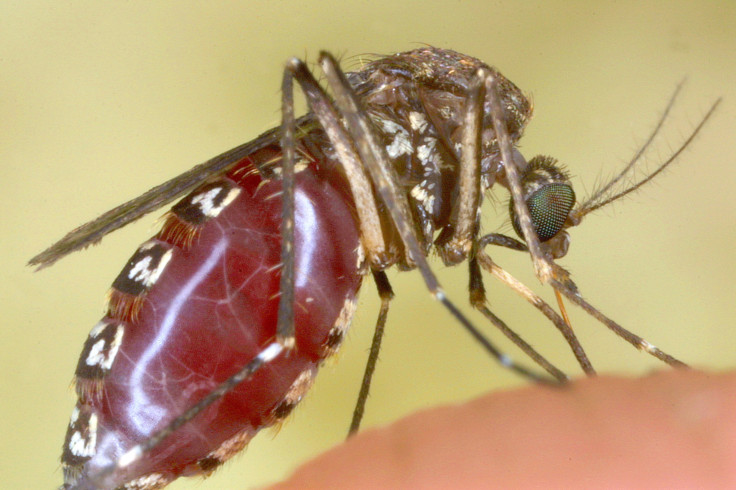West Nile Virus: What You Need To Know To Stay Safe

The summer season is here, and so are the mosquitoes that carry the West Nile virus (WNV). Aside from preventing the annoying, itchy bites, limiting exposure to mosquitoes could also lower the risk of contracting WNV infection.
Prevalence
WNV has emerged as the leading cause of mosquito-borne disease in the United States since its introduction in 1999, according to the Centers for Disease Control and Prevention (CDC). The number of WNV cases has fluctuated over the years, with a peak of 9,862 infections in 2003 and varying counts thereafter. In recent years, annual cases have remained relatively steady, ranging between 2,000 and 2,600, but showed a slight increase to 2,911 in 2021, followed by 1,126 infections in 2022. This year, the CDC has already reported new cases across the country, including in Arizona, Georgia, Illinois, Louisiana, Nebraska, Pennsylvania, South Carolina and Wyoming. The uptick in cases has raised concerns about the spread of the mosquito-borne disease in the summer.
Transmission
The primary mode of WNV transmission is through the bite of infected Culex mosquitoes, which acquire the virus by feeding on infected birds, as stated on the CDC's website. The virus is not transmitted through physical contact, coughing, sneezing, or handling infected animals. Humans and horses are accidental hosts of the virus, while birds serve as the primary hosts in the transmission cycle. In rare cases, WNV transmission can occur through organ transplantation, blood transfusion, or mother-to-baby during pregnancy, childbirth, or breastfeeding.
Signs and Symptoms
Approximately 80% of individuals infected with WNV do not experience any symptoms, according to the CDC. Around 20% may develop a febrile illness characterized by fever, body aches, headache, joint pain, diarrhea, rash, and vomiting. While these symptoms typically resolve on their own, some individuals may experience lingering weakness and fatigue. In rare instances (approximately 1 in 150 cases), the virus can lead to severe neurological conditions such as encephalitis or meningitis. Symptoms of severe illness include headache, stiff neck, high fever, disorientation, vision loss, muscle weakness, convulsions, tremors, coma, or paralysis. Seek immediate medical attention if there are changes in personality or weakness of the legs and arms, as these may indicate serious complications.
Diagnosis and Treatment
Individuals who suspect they may have been infected with WNV should consult a healthcare provider for evaluation, as advised by the CDC. Diagnosis can be based on symptoms, recent exposure to mosquitoes, and laboratory testing of blood or spinal fluid. Currently, there are no specific antiviral medications or vaccines available for WNV. Treatment focuses on managing symptoms through over-the-counter pain medications, rest, and proper hydration. Severe cases may require hospitalization for supportive care, according to Fox News Digital.
Published by Medicaldaily.com



























